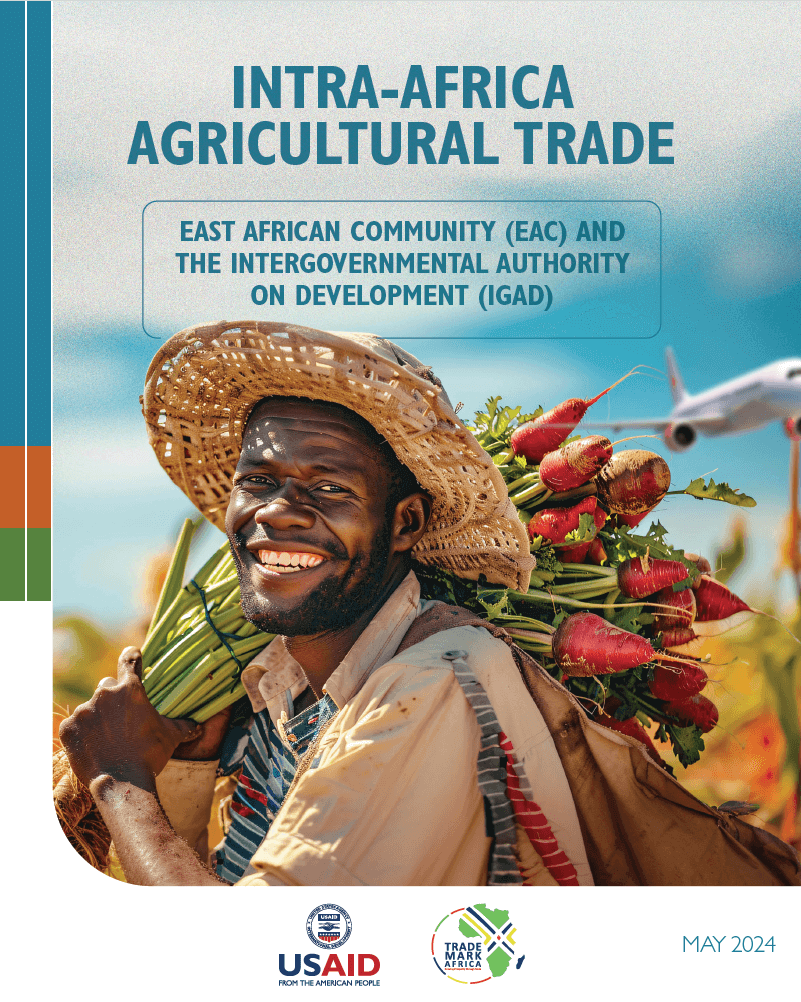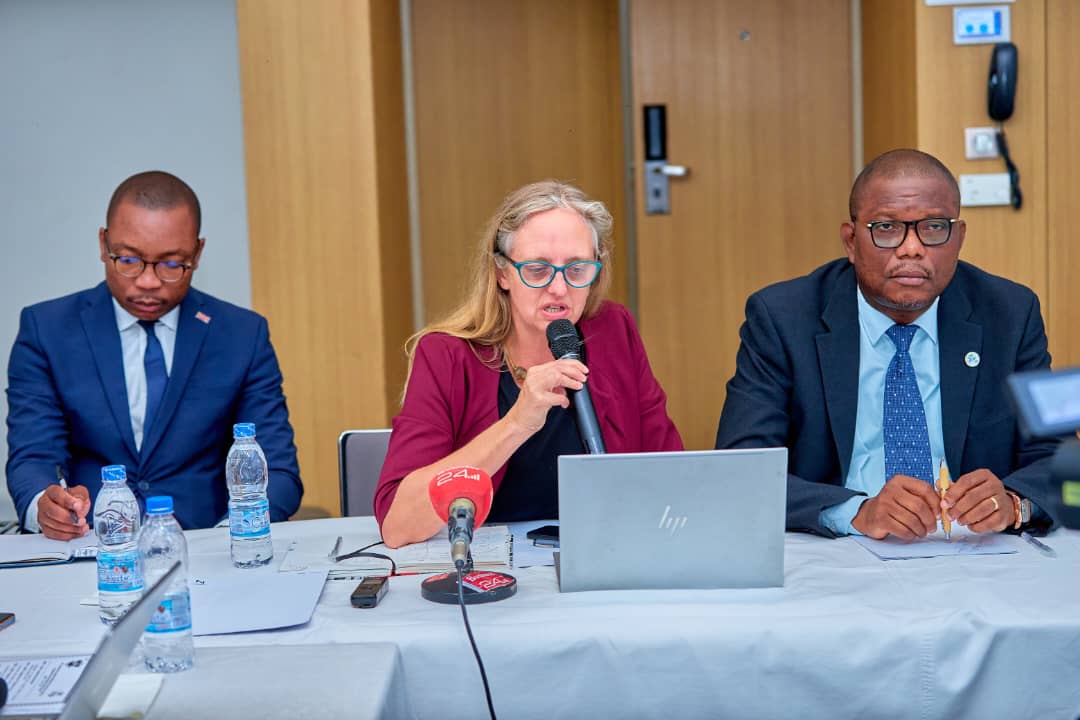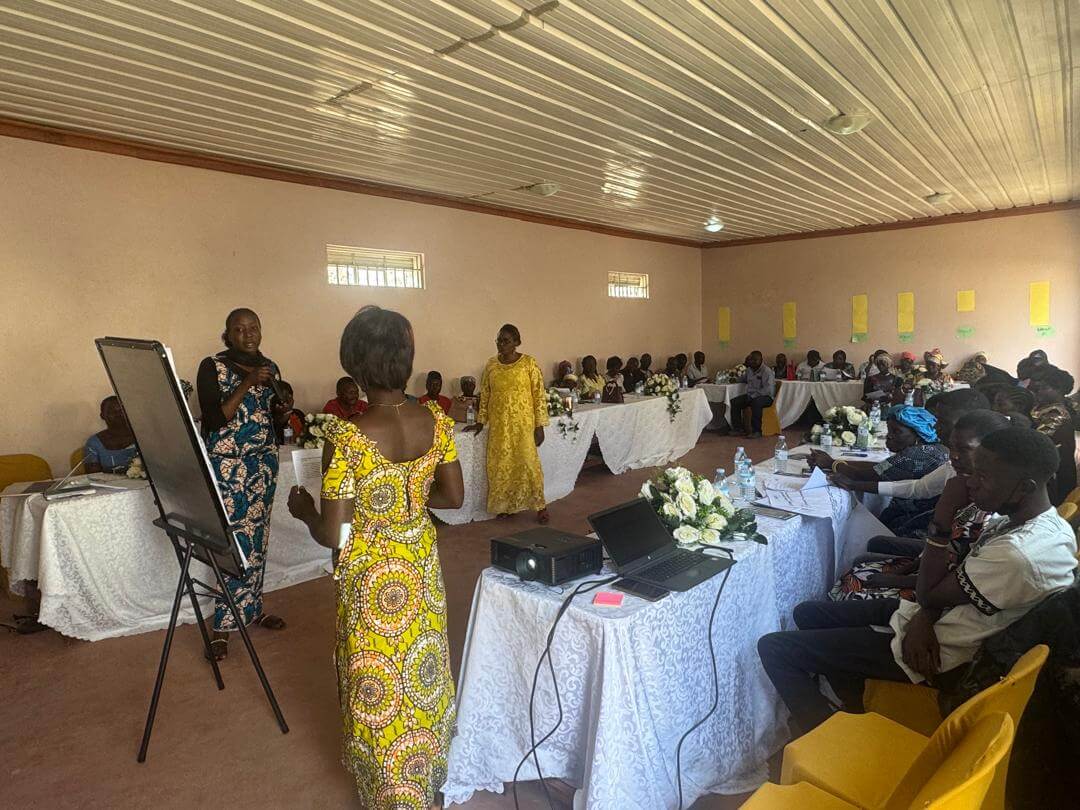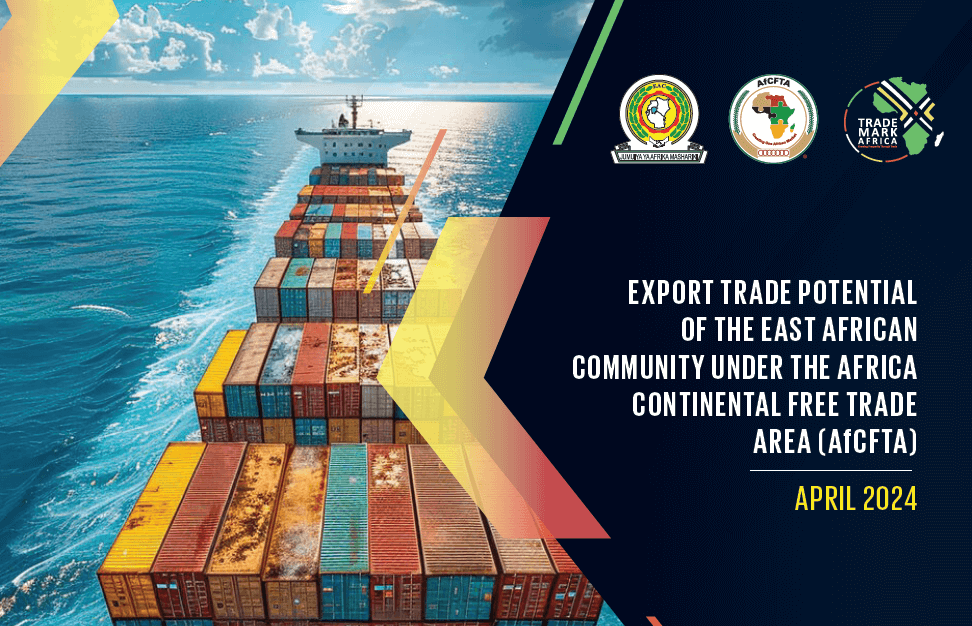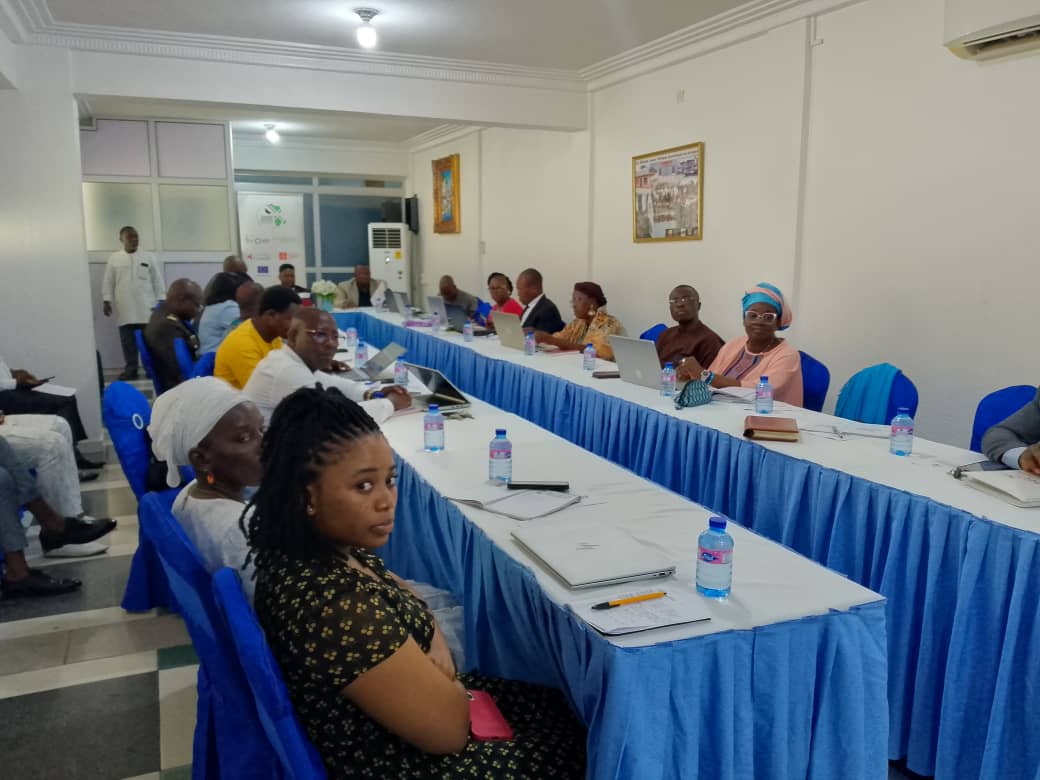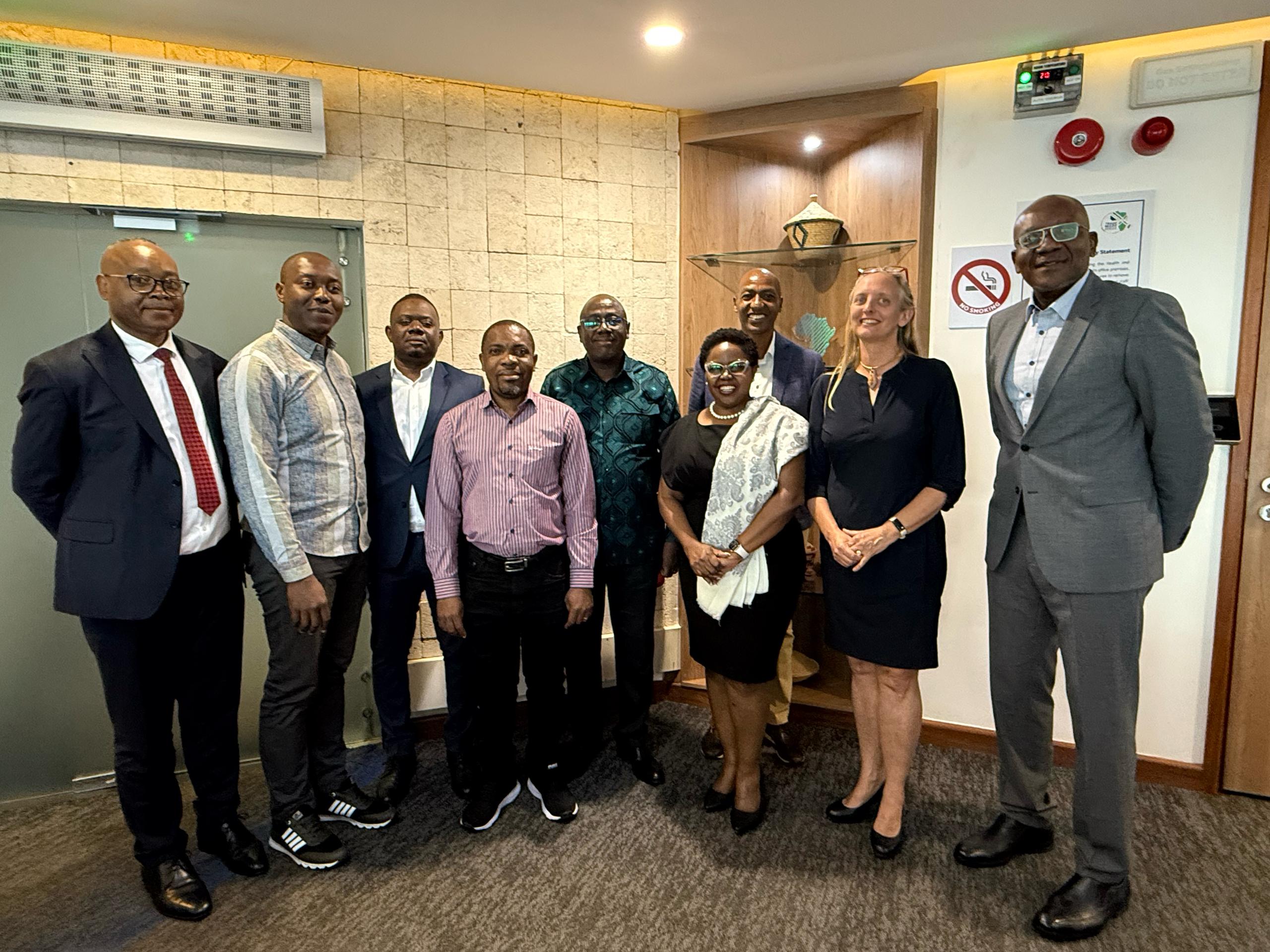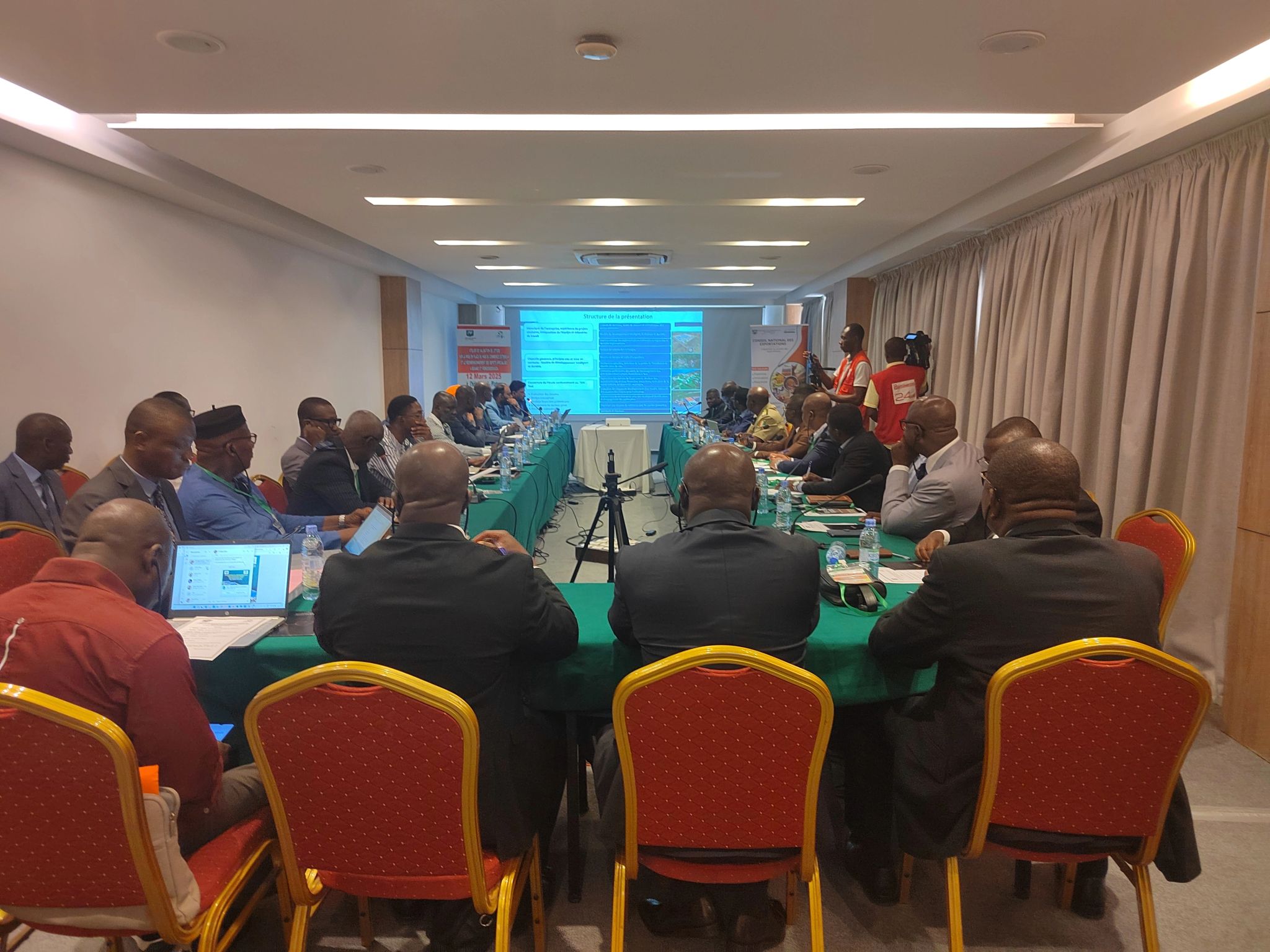Click to Download the Report East Africa’s agricultural trade is evolving, with commodities such as tea, coffee, cereals, and edible vegetables driving exports across the East African Community (EAC) and Inter-Governmental Authority on Development (IGAD) regions. A new TradeMark Africa report, “Intra-Africa Agricultural Trade 2024,” notes that tea, in particular, stands out as a major export with strong global market performance, while cereals show a mixed trend, with both significant exports and rising imports—especially for staple foods such as maize, rice, and wheat—highlighting the region’s need to supplement local production. Trade within the region remains strong, with Kenya emerging as a central hub, facilitating the movement of goods across both EAC and IGAD countries. Uganda, Tanzania, Rwanda, and Burundi primarily engage in intra-regional trade, while Ethiopia’s exports extend beyond the EAC, reaching markets such as Somalia, Djibouti, Egypt, South Africa, and Kenya. Other important trade partners include Egypt, South Africa, and the Democratic Republic of Congo (DRC), reinforcing the interconnectedness of Africa’s agricultural markets. However, challenges persist. Trade imbalances, infrastructure gaps, and shifting market demands require urgent policy interventions. Harmonising trade policies, improving infrastructure, and building capacity among producers and exporters will be crucial for sustaining growth. Additionally, diversifying exports, strengthening climate resilience, and enhancing data-sharing mechanisms will ensure that agricultural trade continues to thrive in an increasingly competitive global landscape. With the right strategies in place, East Africa has the potential to solidify its position as a major player in agricultural trade, driving economic development and food security across...
Tracking East Africa’s top agricultural commodities and export destinations – New Report
Posted on: April 10, 2025
Posted on: April 10, 2025

